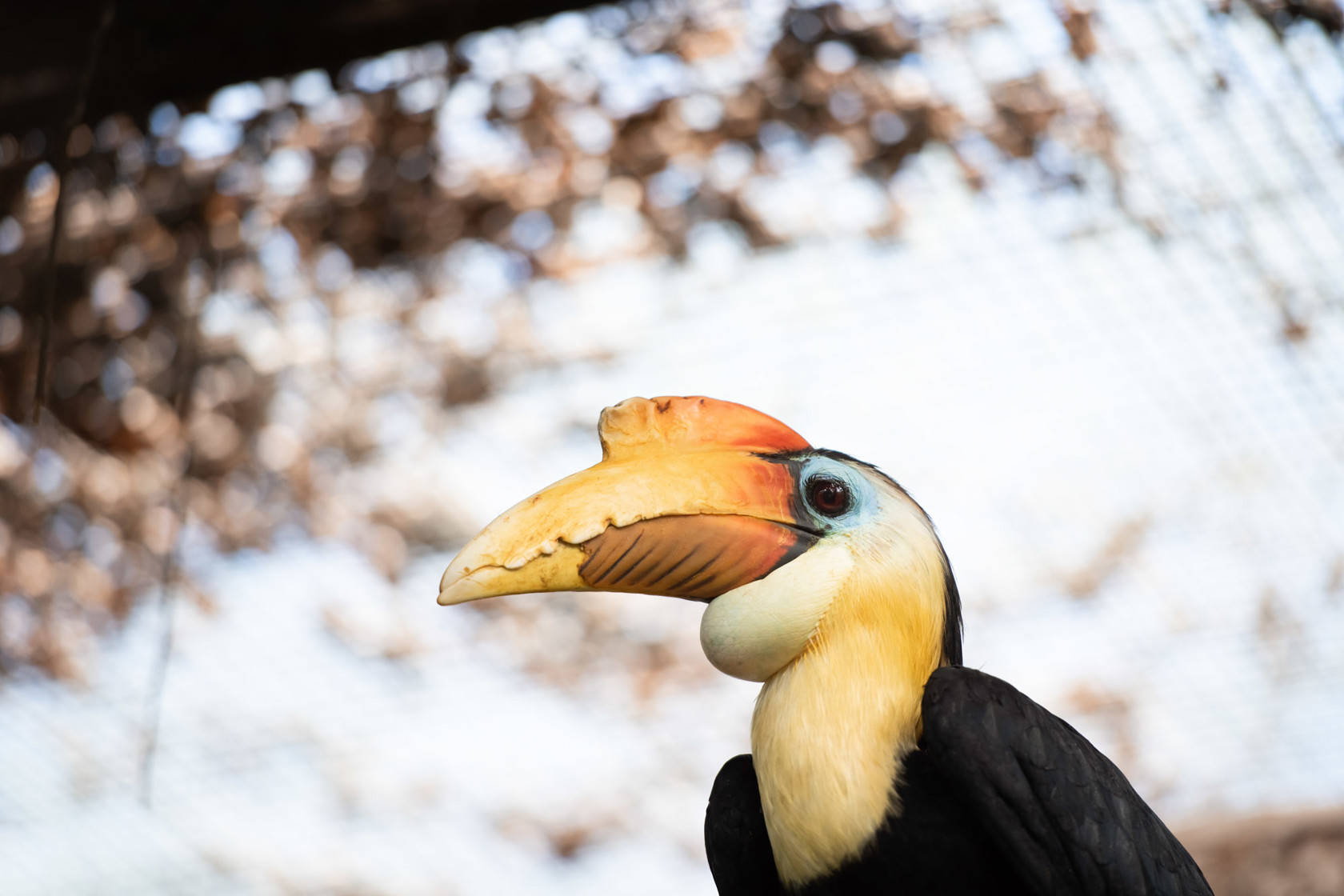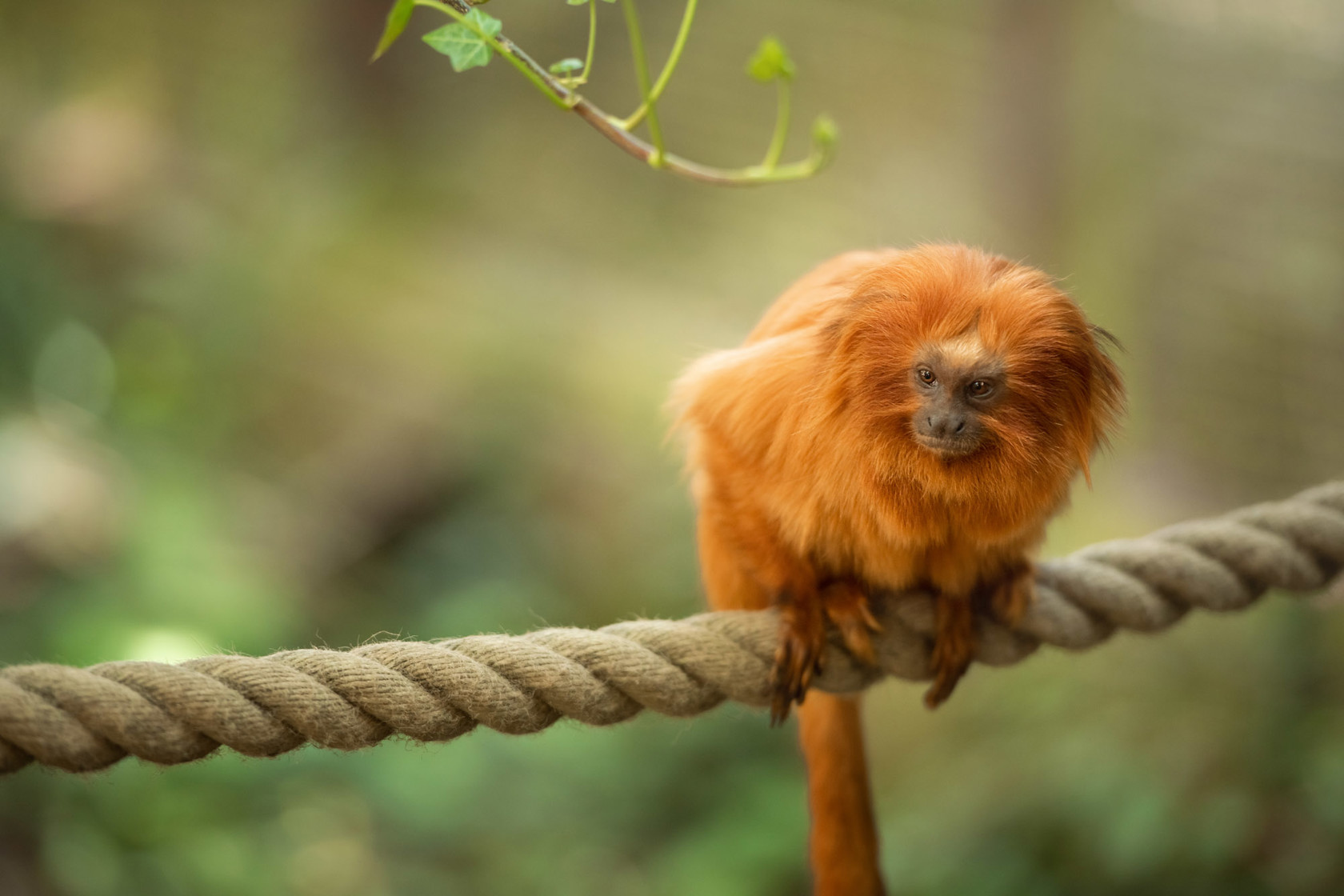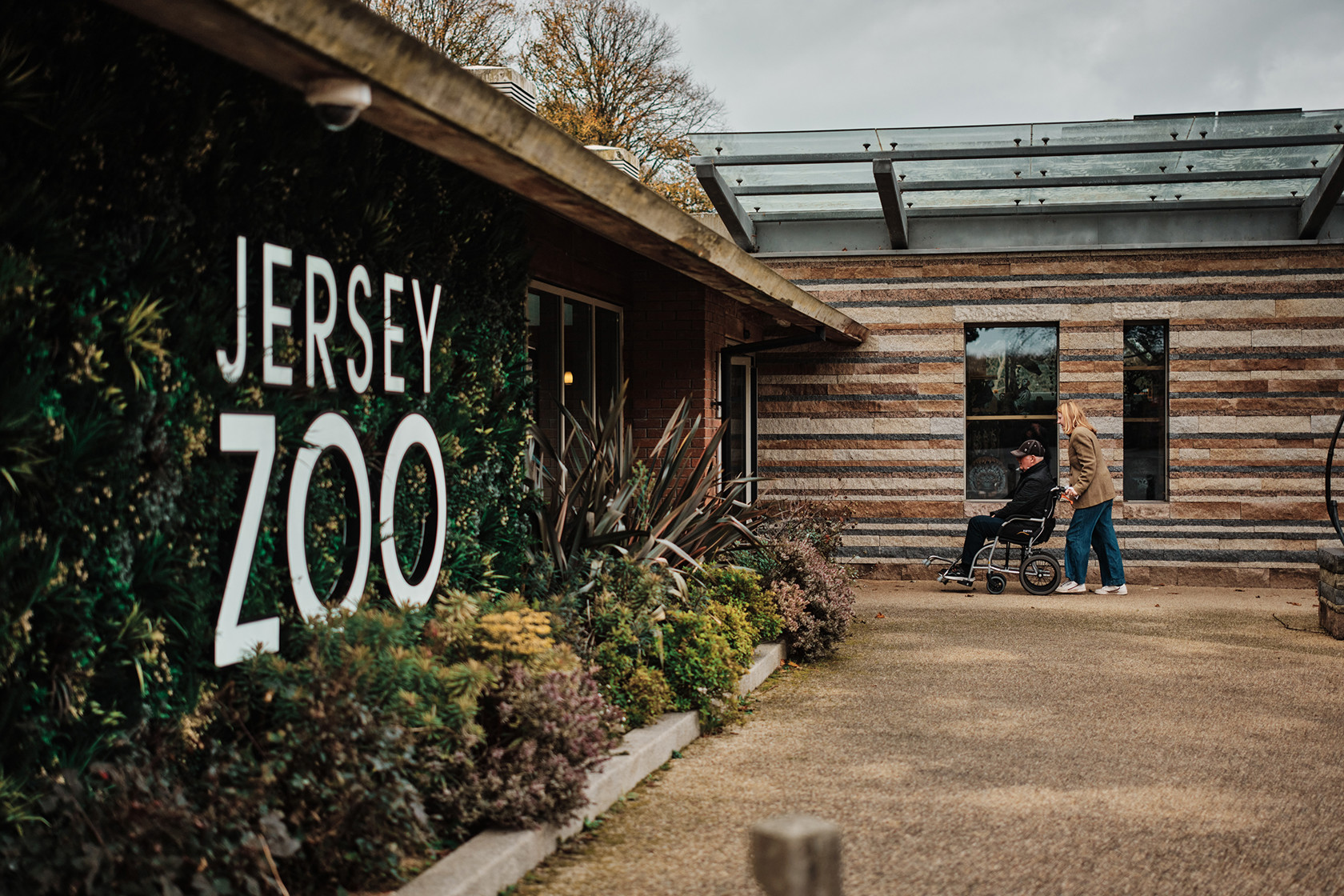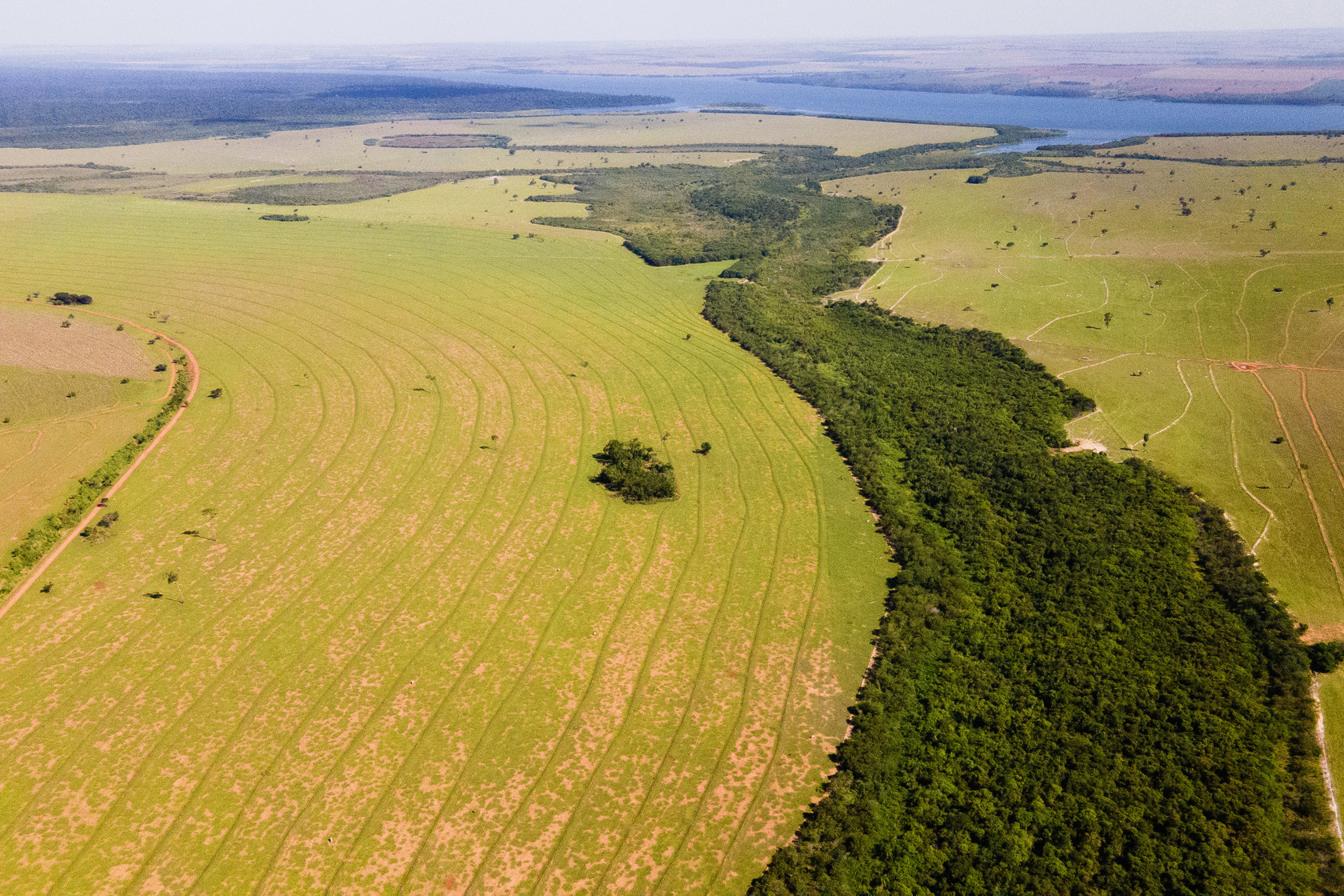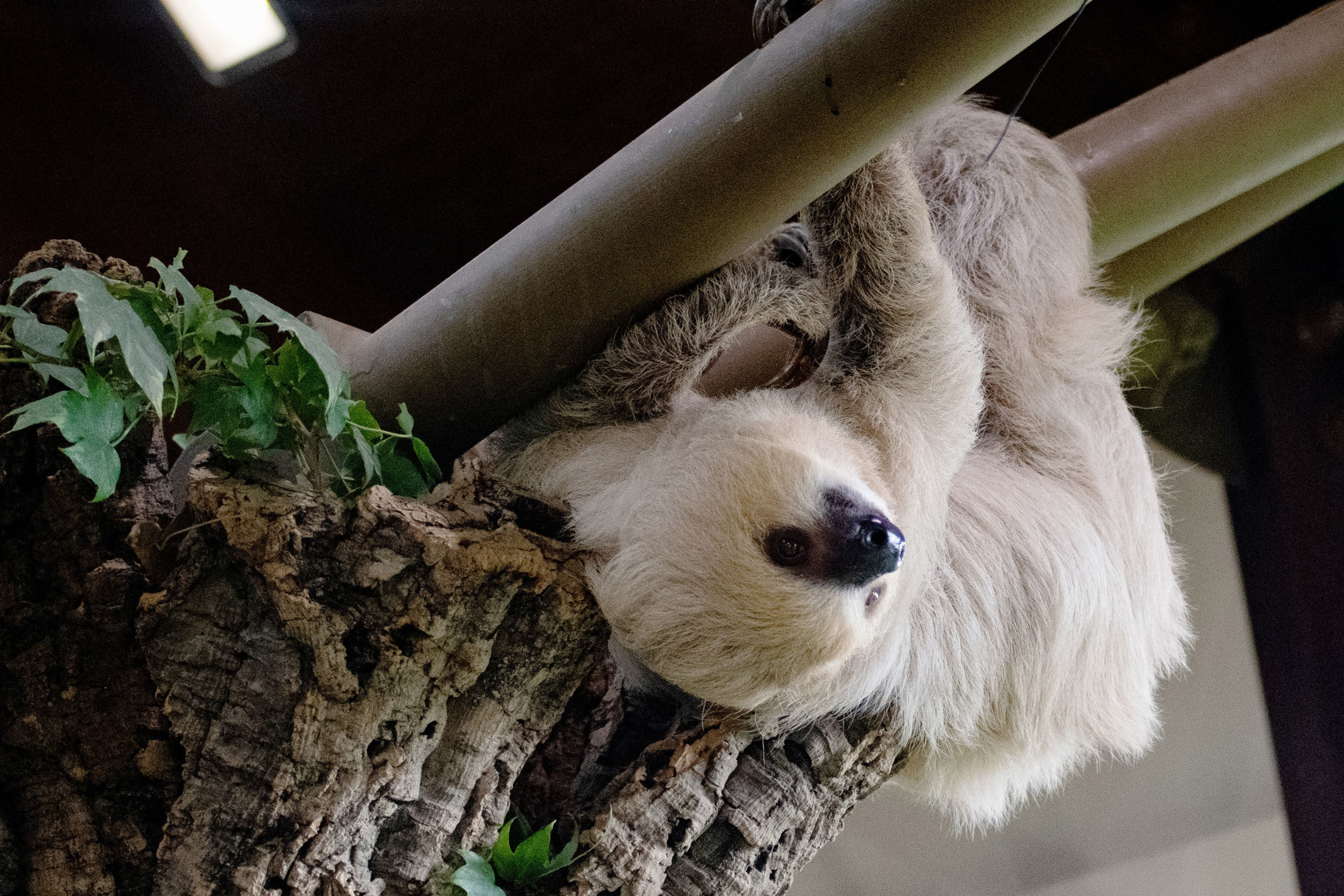News from the field: Frog surveys from Ambohitantely
25 February 2020
By Bela Barata
Kat Mullin, a PhD student from Cardiff University, is back to Ambohitantely where she is carrying out fieldwork for her research in partnership with Durrell Wildlife Conservation Trust.
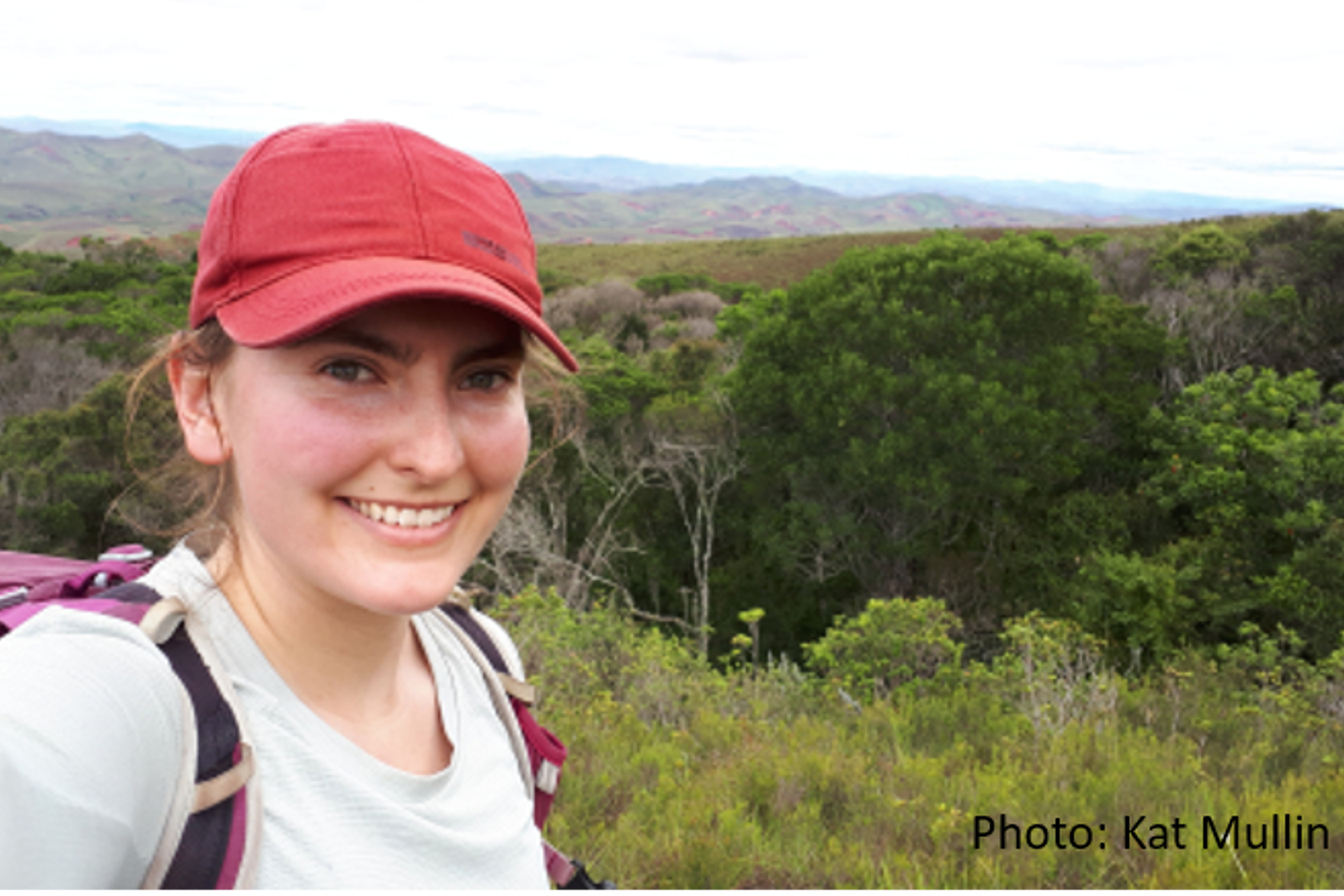
Her research will be using cutting-edge genetic tools to investigate the effects of habitat fragmentation on amphibians in Madagascar, one of the world’s biodiversity hotspot. To collect data for analysis, she will be spending lots of time in the highland forest plateau of Ambohitantely.
Data collection will be carried out throughout the rainy season. Upon her arrival to the field camp, Kat experienced 12-hours of uninterrupted rain on the first night, with impressive 27ml in just 30 minutes. The rain brings extra life to the forest, with lots of snails, millipedes, butterflies and leeches, and also lots of frogs!
Most frogs were calling in the canopy cover, which is a bit frustrating when you have to reach them to collect a swab of DNA sample. That didn’t stop Kat and her team, who has collected samples from two targeted species: Anilany helenae and Anodonthyla vallani.
Both species are Critically Endangered and threatened by habitat loss.
Anodonthyla vallani is found on tree trunks several meters above the ground and it is presumed to use tree holes as breeding sites.
Anilany helenae is a terrestrial species and occupies the leaf litter, its breeding is unknown and possibly involve terrestrial nests.
These two microhylid frogs are only known from the vicinity of the type locality, in Ambohitantely, at high-altitude forests at around 1500 m elevation. Kat’s research will provide interesting insights of species ecology and behaviour in Ambohitantely which can inform habitat management and contribute to species conservation.
While in the forest, Kat has also seen lots of tadpoles, different frog species, and eggs on leaves and in tree holes – she flagged those holes so her team can revisit them in the future and check egg development.
We are looking forward to seeing Kat’s PhD results! Kat Mullin writes a blog about her experiences in Madagascar: life, work, travels and frogs! You can read her stories here: https://katribbetson.wordpress.com

